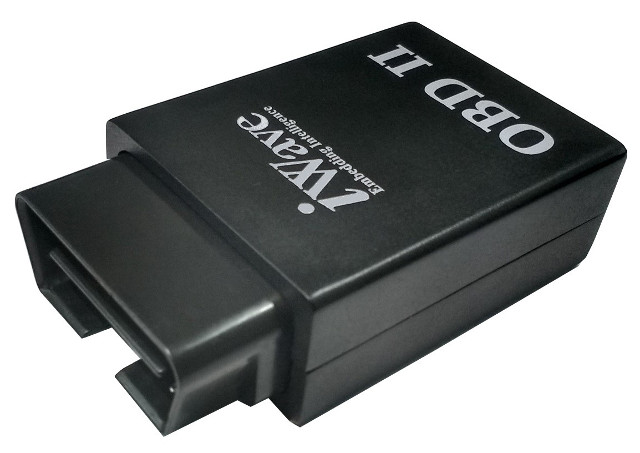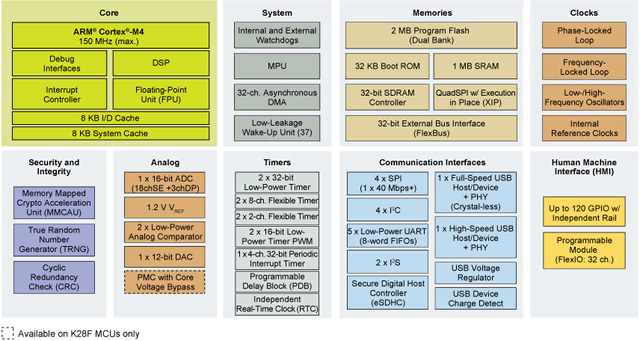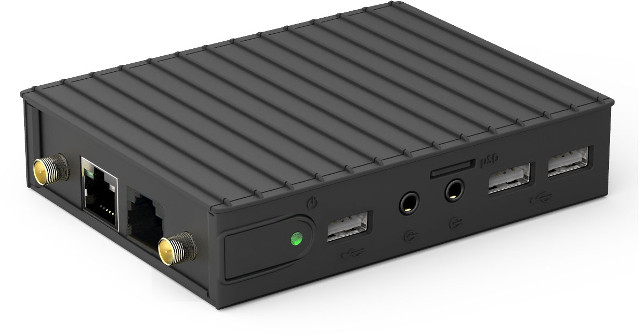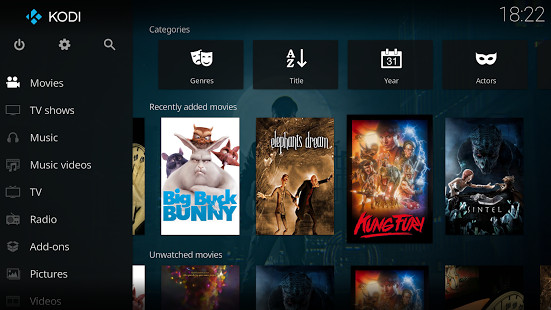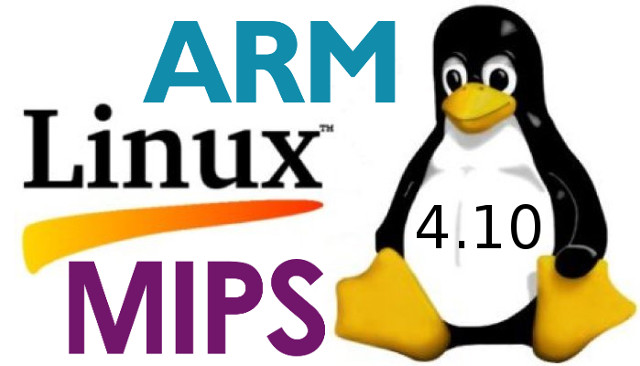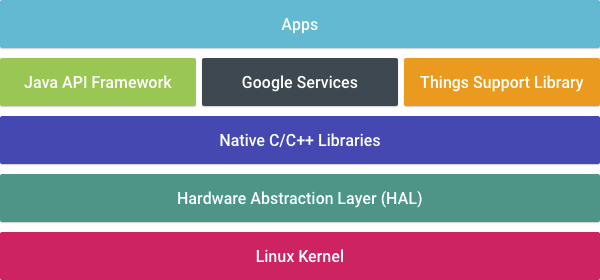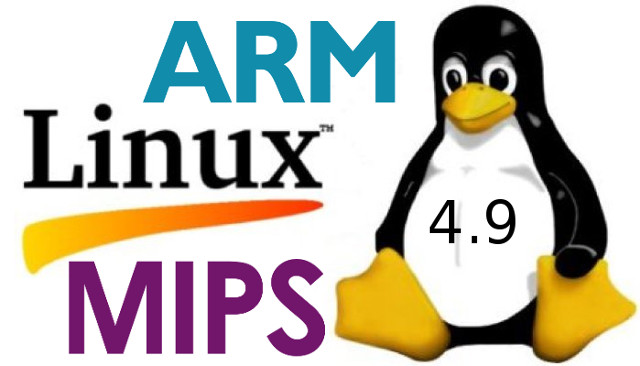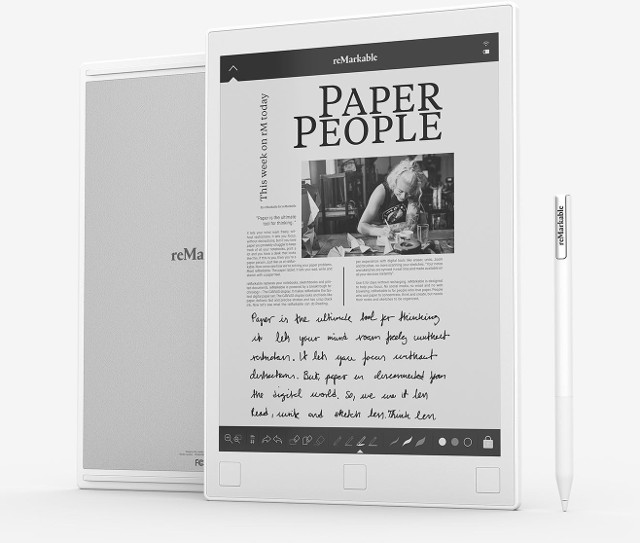OBD-II dongles that you connect to your car’s OBD-II port have been around for several years, but they were initially simple devices with USB or Bluetooth connectivity that you control with your smartphone or computer. More recently we’ve seen more complex OBD-II head-up-diplays, and boards such as Macchina M2 open-source hardware OBD-II board that takes various XBee modules for 4G, Ethernet, WiFi, Bluetooth, GPS, and so on. iWave Systems, a company better known for their system-on-modules, has now unveiled their own OBD-II dongle with NXP i.MX 6UL processor running Linux, and integrating 4G LTE and GPS by default. iWave Systems OBD-II dongle specifications: Processor – NXP i.MX 6UL ARM Cortex-A7 processor @ 528/696MHz Memory – 256 MB DDR3 (Optionally upgradeable to higher capacity) Storage – 256 MB NAND Flash (optionally upgradeable to higher capacity). Connectivity – Built-in 4G Modem with antenna, optional WiFi & Bluetooth 4.0 LE module Positioning – […]
NXP Introduces Kinetis K27/K28 MCU, QorIQ Layerscape LS1028A Industrial SoC, and i.MX 8X Cortex A35 SoC Family
NXP pushed out several press releases with the start of Embedded World 2017 in Germany, including three new micro-controllers/processors addressing different market segments: Kinetis K27/K28 MCU Cortex M4 MCU family, QorIQ Layerscape LS1028A industrial applications processor, and i.MX 8X SoC family for display and audio applications, 3D graphic display clusters, telematics and V2X (Vehicle to everything). NXP Kinetis K27/K28 MCU NXP Kinetis K27/K28 MCU family is based on an ARM Cortex-M4 core clocked at up to 150 MHz with FPU,and includes up to 1MB embedded SRAM, 2MB flash, and especially target portable display applications. Kinetis K27/K28 MCUs share the following main features: 2x I2S interfaces, 2x USB Controllers (High-Speed with integrated High-Speed PHY and Full-Speed) and mainstream analog peripherals 32-bit SDRAM memory controller and QuadSPI interface supporting eXecution-In-Place (XiP) True Random Number Generator, Cyclic Redundancy Check, Memory Mapped Cryptographic Acceleration Unit K28 supports 3 input supply voltage rails (1.2V, 1.8V […]
Compulab IOT-GATE-iMX7 is an NXP i.MX7 IoT Gateway for Industrial Applications
CompuLab has introduced IOT-GATE-iMX7 compact fanless IoT gateway and industrial controller built around the company’s CL-SOM-iMX7 system-on-module, and offering Ethernet, WiFi, Bluetooth, 3G and Zigbee connectivity.Compulab IOT-GATE-iMX7 gateway specifications: SoC – NXP i.MX 7 dual ARM Cortex-A7 processor @ up to 1GHz with ARM Cortex-M4 core @ 200Mhz, 2D graphics engine System Memory – Up to 2GB DDR3L-1066 Storage – Up to 32GB on-board eMMC + micro-SD socket Connectivity Dual Gigabit Ethernet Dual band WiFi 802.11 a/b/g/n Bluetooth 4.1 BLE Optional 3G cellular module via mini PCie socket Optional ZigBee NXP JN5168 module Display – DVI up to 1920×1080 using a HDMI connector Audio – 3.5mm jacks for stereo line out, stereo line in USB – 4x USB2.0 host ports, type-A connectors Serial – 1x RS485 / RS422 port, RJ11 connector; 1x RS232 port, ultra-mini serial connector; 1x serial console via UART-to-USB bridge, micro-USB connector Expansion mini-PCIe socket, full-size embedded […]
LibreELEC v8.0.0 Released with Kodi 17.0 (Krypton)
LibreELEC is a JeOS (Just enough Operating System) based on Linux that creates a media center appliance platform for Kodi (formelly XBMC), and a fork of OpenELEC. The developers have now released LibreELEC v8.0.0 with the latest Kodi 17.0 “Krypton”. Beside the update to Kodi 17, some of the changes since the last stable version (v7.95.3) include: Fix for TVheadend issues in the WeTek Play 2 DVB driver Fix for interactive governor causing slowdown issues on the WeTek Core Fix for missing Bluetooth “connect and trust” option when pairing Fix for missing ir-keytable streamzap support after recent changes Updates to refine lirc repeat timing changes Update WeTek Play 2 remote keymap to expose more buttons Updates to linux-amlogic 3.10 (arm) and 3.14 (aarch64) kernels Add hexdump busybox applet needed for Odroid_C2 overclocking The full list of changes can be found on github. While it’s possible to update from an existing […]
Linux 4.10 Release – Main Changes, ARM & MIPS Architectures
Linus Torvalds has just released Linux 4.10: So there it is, the final 4.10 release. It’s been quiet since rc8, but we did end up fixing several small issues, so the extra week was all good. On the whole, 4.10 didn’t end up as small as it initially looked. After the huge release that was 4.9, I expected things to be pretty quiet, but it ended up very much a fairly average release by modern kernel standards. So we have about 13,000 commits (not counting merges – that would be another 1200+ commits if you count those). The work is all over, obviously – the shortlog below is just the changes in the last week, since rc8. Go out and verify that it’s all good, and I’ll obviously start pulling stuff for 4.11 on Monday. Linus Linux 4.9 added Greybus staging support, improved security thanks to virtually mapped kernel stacks, […]
Android Things OS for the Internet of Things Supports Raspberry Pi 3, Intel Edison, and NXP Pico Boards
Google introduced Project Brillo a little over a year ago, an operating system based on Android, but with a smaller footprint optimized for Internet of Things applications. Brillo has now just become Android Things OS, with Google releasing a developer preview of Android Things working on Raspberry Pi 3, Intel Edison, and NXP Pico boards. The company has also updated the Weave platform to simplify connection of all types of devices to the cloud, and interaction with services like the Google Assistant. The Weave Device SDK currently supports schemas for light bulbs, smart plugs, switches, and thermostats, with more type of device supported in the future, as well as a mobile app API for both Android and iOS. Using an Android based OS instead of a pure Linux OS should make it easier for Android app developers to create smart devices thanks to the use of familiar Android APIs and […]
Linux 4.9 Release – Main Changes, ARM and MIPS Architectures
Linus Torvalds released Linux 4.9 on Sunday: So Linux 4.9 is out, and the merge window for 4.10 is thus open. With the extra week for 4.9, the timing for the merge window is obviously a bit awkward, and it technically closes in two weeks on Christmas Day. But that is a pure technicality, because I will certainly stop pulling on the 23rd at the latest, and if I get roped into Xmas food prep, even that date might be questionable. I could extend the merge window rather than cut it short, but I’m not going to. I suspect we all want a nice calm winter break, so if your stuff isn’t ready to be merged early, the solution is to just not merge it yet at all, and wait for 4.11. Just so you all know (I already bcc’d the main merge window suspects in a separate mailing last […]
reMarkable 10.3″ Digital Notepad and e-Reader is Designed to Feel Like Paper
If you like to take notes with pen and paper, but would prefer a digital solution to store your note, there are already some solutions like Boogie Board and Rocketbook, but reMarkable offers much more that the other two with a 10.3″ E-Ink touchscreen display and pressure sensitive pen capable of detecting 2048 levels of pressure sensitivity, it allows to read books as any e-readers, and also write your own notes on a blank piece of “paper” or existing digital documents, drawing sketches, and save & share the results. The whole user experience is supposed to feel as if you were reading and writing on paper. reMarkable tablet specifications: SoC – ARM Cortex A9 processor @ 1 GHz (Likely NXP i.MX6 series processor since they support EPD interfaces) System Memory – 512 MB DDR3L Storage – 8GB internal storage good for around 100,000 pages Display – 10.3″ monochrome digital paper […]


